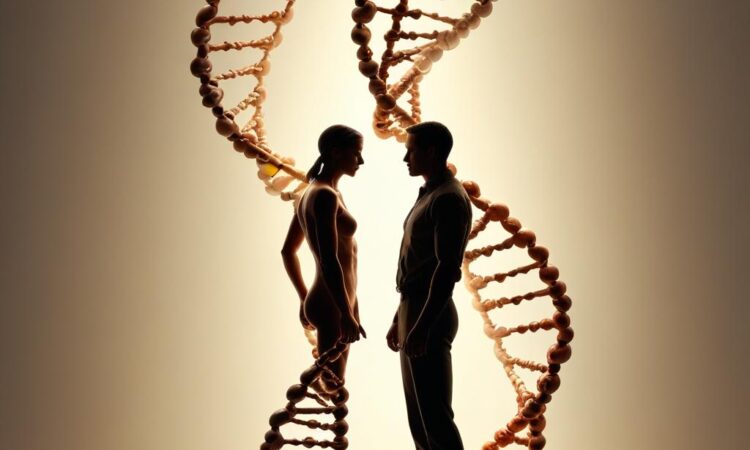The Ethics of Gene Editing: Balancing Scientific Progress and Societal Concerns
Okay, so let’s talk about gene editing. It’s like, *really* powerful stuff. We’re talking CRISPR-Cas9 and all these other amazing technologies that could potentially wipe out genetic diseases. Think cystic fibrosis, Huntington’s disease – gone! It’s mind-blowing, right? We could literally rewrite the code of life.
But… there’s a “but,” and it’s a big one. Because with this kind of power comes a whole heap of ethical dilemmas. It’s not just about making things better; it’s about the implications for everyone, now and in the future. Let’s dive in, shall we?
Germline Editing: The Big Kahuna
One of the biggest ethical flashpoints is germline editing. This isn’t just fixing a problem in a single person; we’re talking about changing the genes that get passed down to future generations. That’s a HUGE deal. It’s like, permanently altering the human race. Think about the unintended consequences – what if we accidentally introduce a new problem while trying to fix an old one? It’s a bit like playing genetic Jenga; one wrong move and the whole thing could come crashing down.
Some people are totally freaked out by the idea of messing with the human germline. They worry about unforeseen health problems popping up down the line, about messing with the natural order of things, about playing God, you know? It’s a valid concern. The potential for misuse, for creating inequalities, for exacerbating existing social divides is real and demands careful consideration.
Designer Babies: The “Gattaca” Factor
Then there’s the whole “designer baby” thing. Imagine being able to pick and choose your child’s traits: eye color, height, intelligence… even personality. Sounds a bit like science fiction, right? Well, it’s getting closer to reality. And that opens up a whole can of worms. What about those who can’t afford this kind of genetic enhancement? Would it create a genetic elite, further widening the gap between the rich and the poor? Would it lead to societal pressures to conform to certain genetic ideals, crushing individuality?
It’s not just about creating “better” humans; it’s about the social implications of such a technology. Would access to gene editing become a marker of privilege and inequality? Would we value individuals based on their genetic makeup instead of their inherent worth? These aren’t easy questions to answer, and they deserve a lot of careful thought.
Access and Equity: A Fair Shot for Everyone?
Even if we figure out all the ethical kinks, there’s still the issue of access. Gene editing is expensive. Really expensive. That means it would likely only be available to the wealthy initially, creating a two-tiered system where the rich get healthier and the poor are left behind. That’s deeply unfair, and it raises serious questions about justice and equality. How do we ensure that this amazing technology is available to everyone, regardless of their socioeconomic status? It’s a huge challenge, but it’s one we have to tackle.
This isn’t just a scientific problem; it’s a social, economic, and ethical one. It requires collaboration between scientists, ethicists, policymakers, and the public to navigate these complex issues. We need open discussions, transparent research, and robust regulatory frameworks to ensure that gene editing is used responsibly and ethically, benefiting all of humanity, not just a select few.
We’re at a crossroads. Gene editing offers the potential to cure diseases and improve human lives in unimaginable ways. But we need to proceed with caution, careful consideration, and a deep commitment to fairness and equity. It’s a powerful tool, and like any powerful tool, it can be used for good or for ill. The choice is ours.
This is a conversation that needs to continue. It’s a conversation that involves everyone. Let’s keep talking, keep thinking, keep working towards responsible and equitable applications of this life-altering technology.

